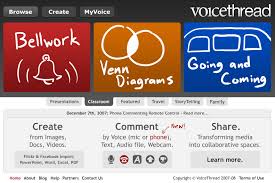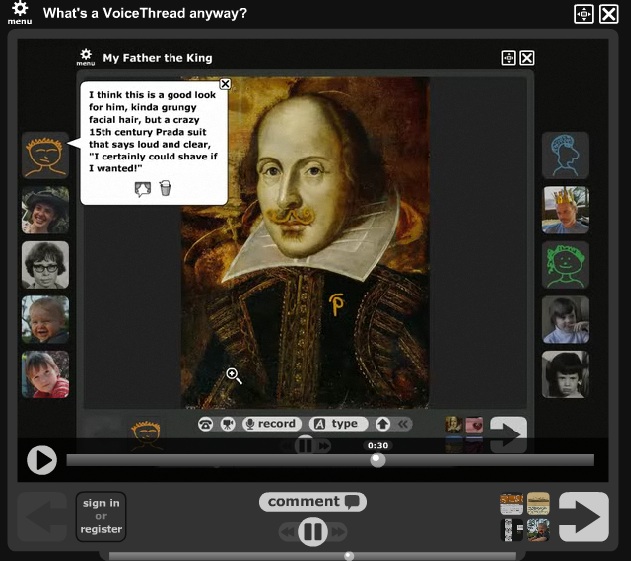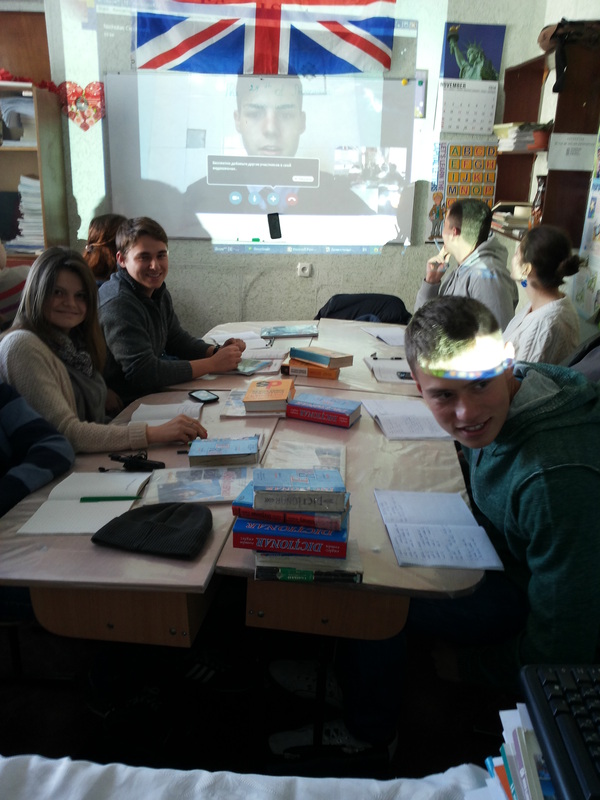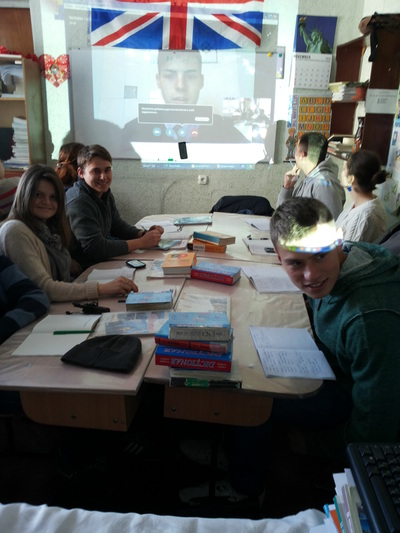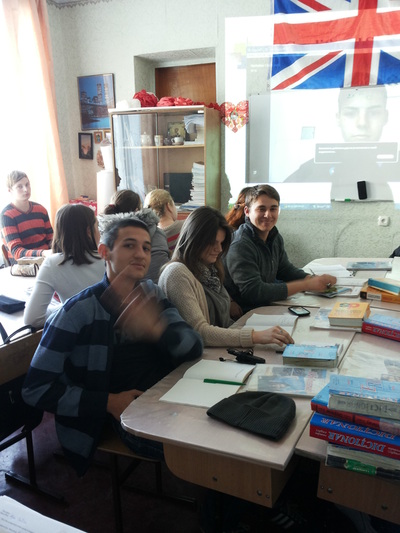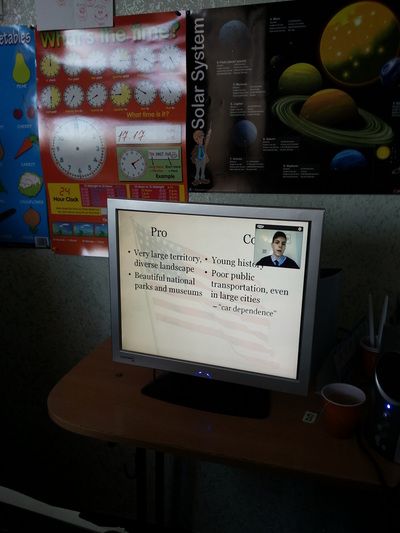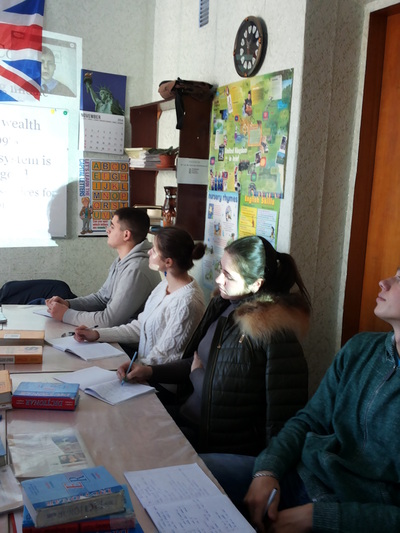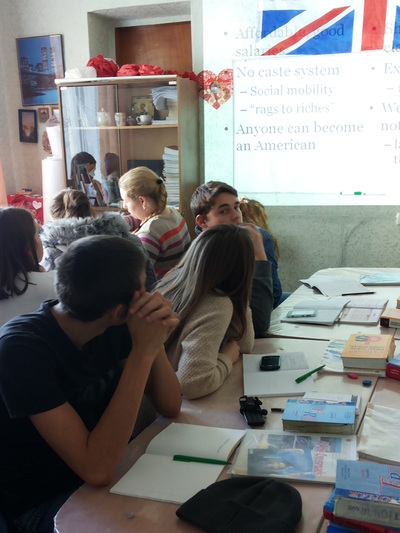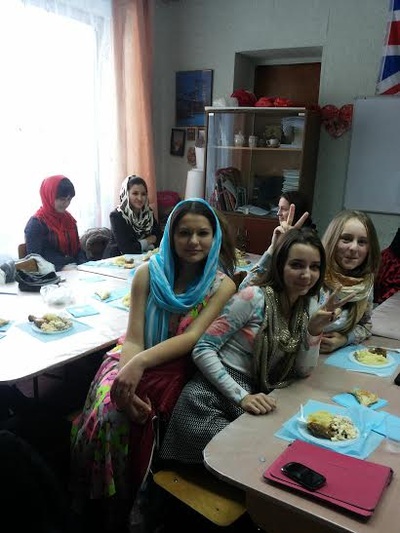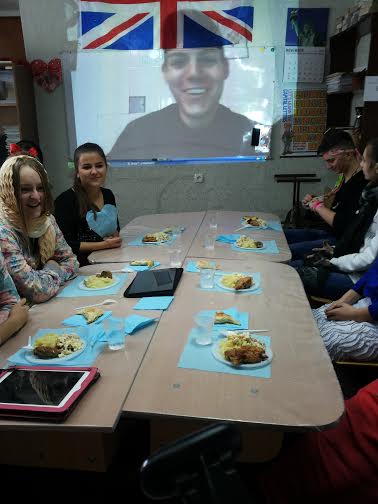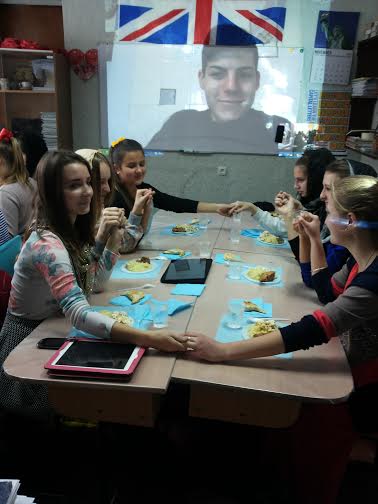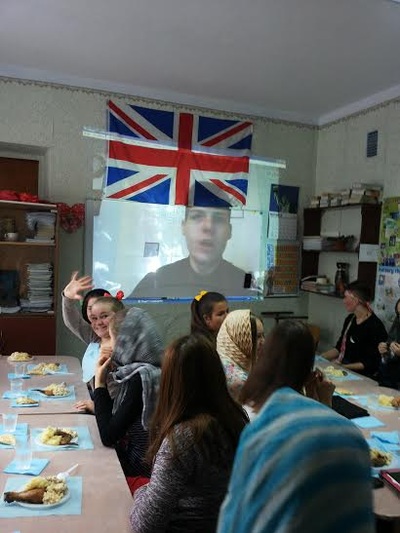Dear EFL Blogging School teachers,
To have a better idea of how to prepare the local/regional training,
please follow the recommendations below.
To have a better idea of how to prepare the local/regional training,
please follow the recommendations below.
2. Look through the topics and extract the three you personally liked the most;
3. Decide upon the reasons you are attracted by these topics (make notes of each reason);
4. Think and ponder over how well you have already integrated them into your teaching process;
5. Look through the topics you covered with your students, examine how well they were involved in the activities and home tasks they received;
6. Analyze the entire process of your students’ work and decide what you can share with your colleagues from other schools;
7. Be sure you are fully aware of how you implement new tools into traditional way of teaching so that you could share it with the others;
8. Collect as many positive examples of integrating new techniques as possible; collect the examples you would like to show;
9. Take several challenges and negative experiences or obstacle the teachers might come across and include them into your teaching seminar;
10. After you examine the topics you selected, try to deepen and take one you consider the most relevant for your colleagues to present;
11. Start getting ready by taking all the material you covered, revise and recollect all the sources, examples, notions, information, opinions, students involvement of in terms of your work;
12. While you prepare the information, keep in mind that many of participants at your seminar are traditional-thinking teachers with a vast personal experience. For some of them new on-line tools might seem quite unusual or even difficult;
13. Try to be consistent and sure that all the notions and information you present is clearly structured and easy to comprehend and utilize for those who hear about it for the first time in their life;
14. Get ready for eventual questions , both connected with the topic you cover and/ or any other far beyond the context;
15. At the moment you decided upon the topic, revised the materials, collected the needed information for your seminar, make a draft or a preliminary plan of your presentation;
16. Look what type of presentation you would like to make: power point or prezi. Be ready to remake it several times;
17. Do not leave that for the last three days, as the information will need to be cleary accumulated and the level of preparation needs more time to be dedicated;
18. While preparing the presentation, try to order your slides in such a way so that your listeners would have a clear idea of what is the main aim of your presentation;
19. Keep in mind that elaborating the activities is time-consuming and sometimes a tiresome work, and needs revision and even changes;
20. Be attentive to the time you need while getting ready for the presentation. Time management is another important issue on implementing new tools and performing how it works;
21. To incorporate all the material you want to present into one session, you need to practice at least once , to see how well you integrate yourself into the time offered;
22. Take into consideration the time that you will need for demonstrating video on-line tools , making it interactive, involve participants in the activities and make a debriefing as well;
23. Provide the participants with hand-outs, connected with your presentation so that they could also use it and start to implement into their teaching;
24. Be sure all the equipment works well and have your presentation printed out just in case something goes wrong in terms of circumstances, electricity or other unexpected occasions;
2 Include in your presentation the best results you have while implementing your new studies about on-line tools and give examples of its advantage.
You can see the local/regional topics and the procedure organised by the first 'EFL Blogging School" project participants as an example provided to facilitate the task:
Links of EFL Blogging School Edition II Local/ Regional Workshops:
Vera Botnaru:http://class-blog11.weebly.com/photo-gallery.html
Ursu Mariana:
Veronica Colesniuc: http://veronicacolesniuc.weebly.com/teacher-training
Daria Jelihovschi: http://dariajelihovschii.weebly.com/local-training
Nadejda Crusnevschi: http://follownadia.weebly.com/events
Maria Ionesi: http://mariaionesi.weebly.com/seminars/local-seminar
Sclifos Tatiana: http://educationforpupils.weebly.com/photo-gallery/local-training-web-20-tools-to-experiment-with-words-images-and-linksonline-survey-and-questionnaire
Maria Terzi: http://mariaterziclassblog.weebly.com/efl-blogging-school-assignments/locat-teacher-training-18122016
Plamadeala Aurelia: http://aureliaplamadeala.weebly.com/training.html
Tiuliuliuc Luminita: http://themodernscholar.weebly.com/life-long-learning.html
Zlatov Aliona: http://englishforbascalia.weebly.com/training












































